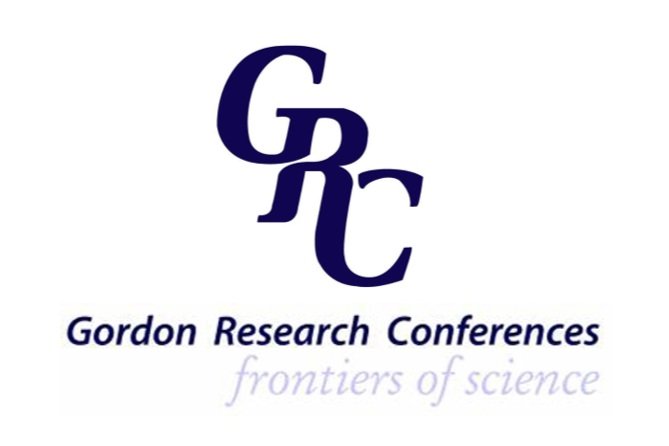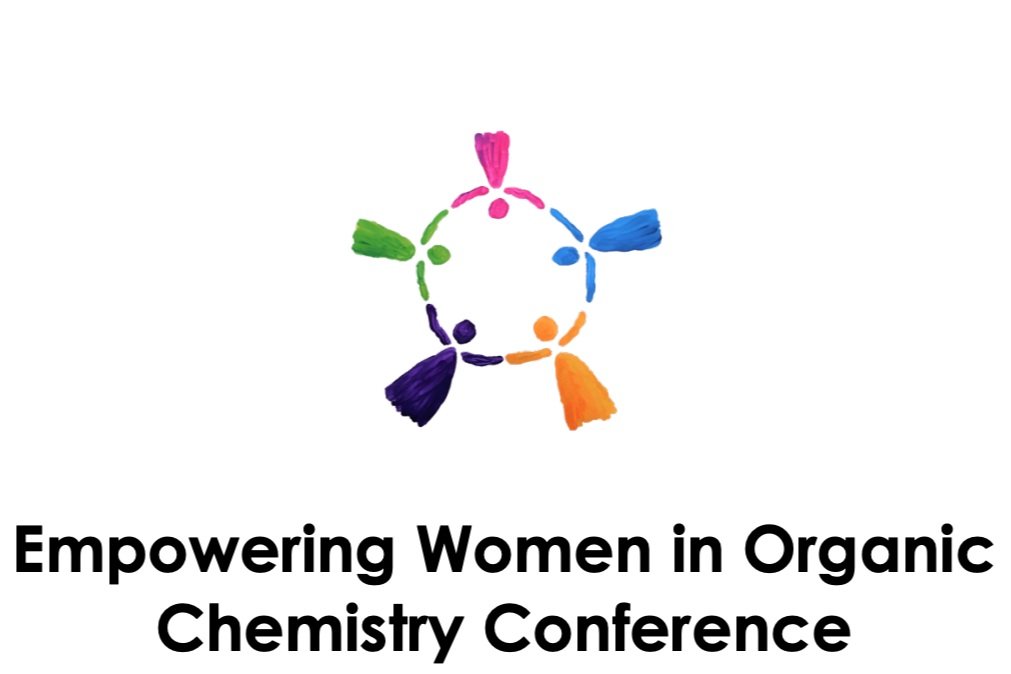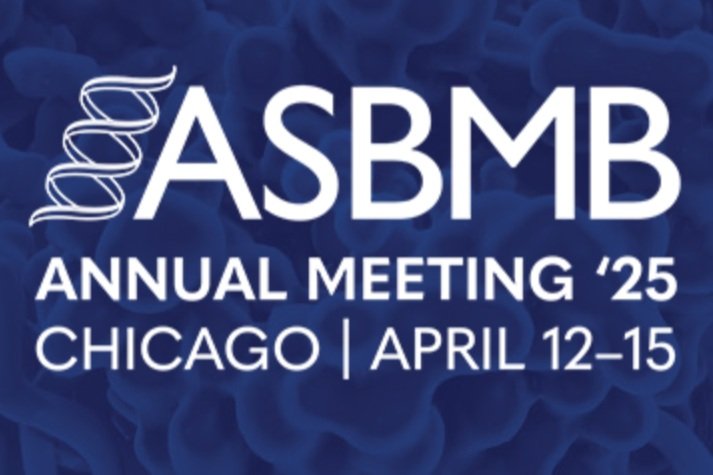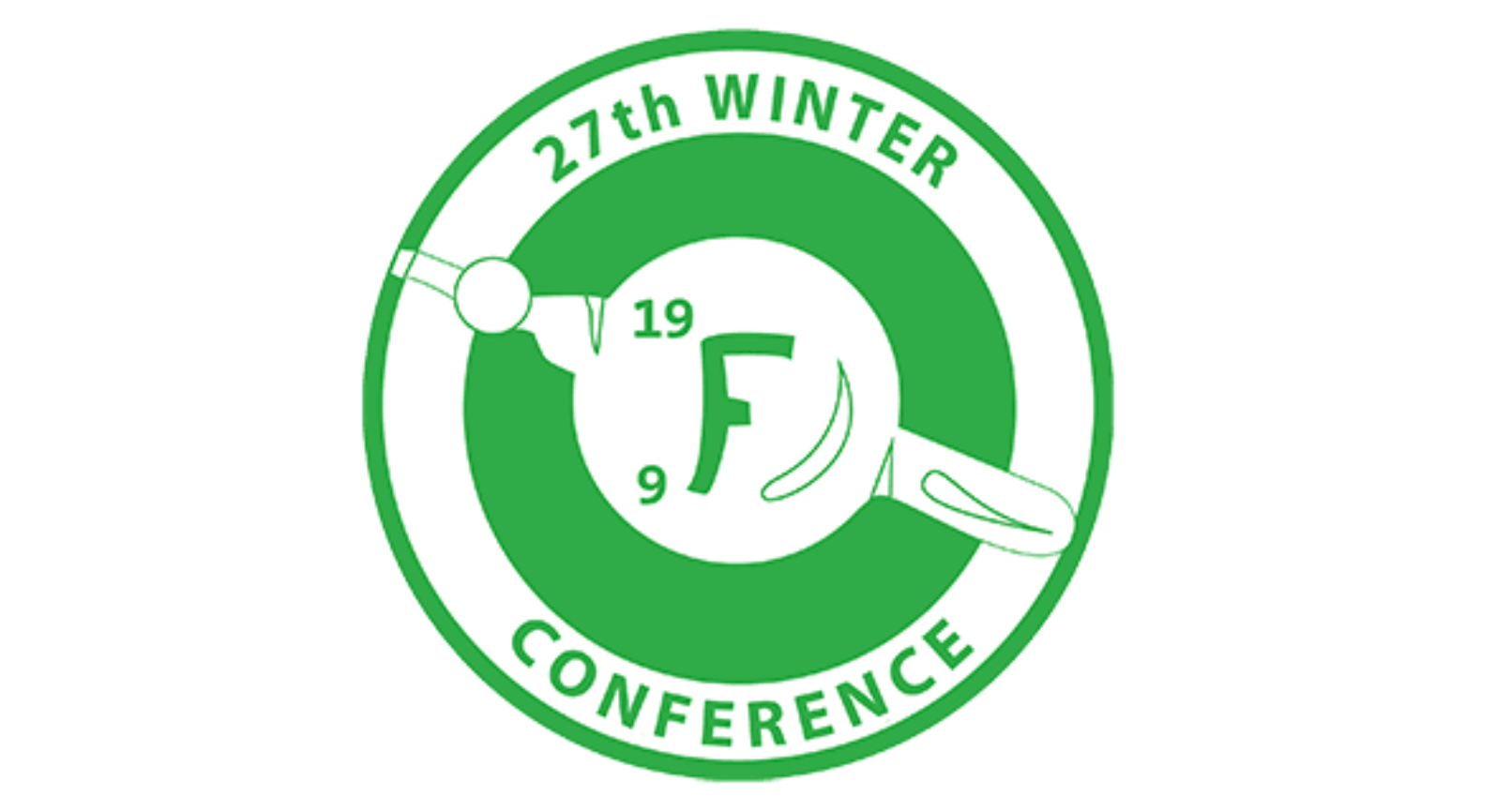
Meetings of Broad Interest
The Division works actively to support meetings that are of broad interest to our members. These conferences are centered on a wide range of topics, from related sciences to increasing diversity, equity and inclusion in the workplace.

Self-Assembly and Supramolecular Chemistry (GRC)—Repurposing the Chemistry of Life for Functional Materials and Systems
The Self-Assembly and Supramolecular Chemistry Gordon Research Conference (GRC) is a premier, international scientific conference focused on advancing the frontiers of science through the presentation of cutting-edge and unpublished research, prioritizing time for discussion after each talk and fostering informal interactions among scientists of all career stages.

Computational Aspects of Biomolecular NMR (GRC)—Expanding Scientific Boundaries by NMR and Computation
The Computational Aspects of Biomolecular NMR Gordon Research Conference (GRC) is a premier, international scientific conference focused on advancing the frontiers of science through the presentation of cutting-edge and unpublished research, prioritizing time for discussion after each talk and fostering informal interactions among scientists of all career stages.

Empowering Women in Organic Chemistry (EWOC) 2025
The annual Empowering Women in Organic Chemistry (EWOC) conference gathers organic chemists at all stages of the career pipeline for rich professional development opportunities and a showcase of recent scientific achievements. The event is aimed at enabling networking with industry, academia and women at different career stages, scientific presentations and motivational workshops on themes relevant to women and allies undertaking a career in Organic Chemistry.

Bioorganic Chemistry (GRC)—The Two Cultures Converge: Translating Discoveries at the Chemistry-Biology Interface
The Bioorganic Chemistry Gordon Research Conference (GRC) is a premier, international scientific conference focused on advancing the frontiers of science through the presentation of cutting-edge and unpublished research, prioritizing time for discussion after each talk and fostering informal interactions among scientists of all career stages.

Nucleic Acids (GRC)—DNA and RNA: Chemistry, Mechanistic Biology, Cellular Processing Machinery, and Applications
The Nucleic Acids Gordon Research Conference (GRC) is a premier, international scientific conference focused on advancing the frontiers of science through the presentation of cutting-edge and unpublished research, prioritizing time for discussion after each talk and fostering informal interactions among scientists of all career stages. It has a long and distinguished history as an incubator for groundbreaking discoveries that have revolutionized molecular biology and medical research—including recombinant DNA technologies such as restriction endonucleases and CRISPR, and worldwide transformative therapies such as mRNA-based COVID-19 vaccines. The 2025 Nucleic Acids GRC will continue this tradition by focusing on the latest and most exciting discoveries related to the molecular mechanisms underlying all aspects of nucleic acid biology, including maintenance and decoding of genetic information and the distinct functions of RNA and DNA in cellular metabolism.

Nucleosides, Nucleotides and Oligonucleotides (GRC)—Challenges at the Interface of Structure, Function and Chemistry of Nucleosides and Nucleic Acids
The Nucleosides, Nucleotides and Oligonucleotides Gordon Research Conference (GRC) is a premier, international scientific conference focused on advancing the frontiers of science through the presentation of cutting-edge and unpublished research, prioritizing time for discussion after each talk and fostering informal interactions among scientists of all career stages. The 22nd NNO conference held in 2025 will have speakers who are leaders in their specialty from across the globe, including the template-free synthesis of long nucleic acids by chemical or enzymatic means, new developments in sequencing, genome editing, mRNA editing, DNA repair, the structure and biophysics of non-canonical structures and, of course, nucleotide and oligonucleotide therapeutic strategies.

Computer Aided Drug Design (GRC)—Exploring the Synergy of Machine Learning and Physics-Based Computational Chemistry to Accelerate Drug Discovery
The Computer Aided Drug Design Gordon Research Conference (GRC) is a premier, international scientific conference focused on advancing the frontiers of science through the presentation of cutting-edge and unpublished research, prioritizing time for discussion after each talk and fostering informal interactions among scientists of all career stages. Recent advancements in both Machine Learning (ML) and physics-based computational chemistry and their combination hold great promise in opening new avenues for faster, more efficient drug design. The 2025 GRC CADD will explore new computational approaches across both ML and physics-based computational chemistry that can enhance our understanding of molecular interactions, drive the accumulation of experimental data, and accelerate the design of novel molecules.

High Throughput Chemistry and Chemical Biology (GRC)—Harnessing Chemical and Biological Data at Scale in Pursuit of Generative AI for Drug Discovery
The High Throughput Chemistry and Chemical Biology Gordon Research Conference (GRC) is a premier, international scientific conference focused on advancing the frontiers of science through the presentation of cutting-edge and unpublished research, prioritizing time for discussion after each talk and fostering informal interactions among scientists of all career stages. The 2025 High Throughput Chemistry and Chemical Biology (HTCCB) GRC continues to put forward a slate of cutting-edge research presentations at the interface of chemistry and biology with dissemination of discoveries poised to provide a significant impact on human health. This research also helps sustain innovations across synthetic chemistry, chemical biology, high-throughput experimentation, medicinal chemistry, computational methods, and bioengineering. Afternoon poster sessions will also contribute to the scientific and social interactions at HTCCB. This year’s theme will explore the impact of generative artificial intelligence (AI) on drug discovery.

Protein Engineering (GRC)
The Protein Engineering Gordon Research Conference (GRC) is a premier, international scientific conference focused on advancing the frontiers of science through the presentation of cutting-edge and unpublished research, prioritizing time for discussion after each talk and fostering informal interactions among scientists of all career stages.

2025 American Society for Biochemistry and Molecular Biology (ASBMB) Annual Meeting
The annual meeting of the American Society for Biochemistry and Molecular Biology showcases the latest, most impactful research findings in the molecular life sciences. Our exciting agenda includes talks by the field's foremost experts and highlights cutting-edge advances that are transforming how we make discoveries. We encourage scientists of all career stages and areas of specialty to join us and present their work. This year we are pleased to feature sessions on new, empowering tools in chemical, structural, and synthetic biology; on rapidly developing areas in metabolism, molecular transport and pseudoenzyme function; and on new directions in cancer biology, RNA and the metals of life.

27th Winter Fluorine Conference
The biennial Winter Fluorine Conference, the flagship of ACS Fluorine Chemistry Division, brings together FLUO division members and friends. Its 27th session will be conducted at Hyatt Regency Clearwater Beach, Florida. This conference will bring together a diverse array of speakers from the community to showcase the latest developments in fluorine chemistry.

11th International Meeting on Halogen Chemistry (HALCHEM XI)
HALCHEM XI follows the tradition of a symposium that involved and connected experts in halogen chemistry since 2002 when the first edition was organized. The format will combine invited lectures and submitted presentations (oral and poster). Contributions from the scientific community working in any areas of halogen chemistry and biology (such as synthetic, biological and theoretical aspects, spectroscopy, supramolecular chemistry, halogen bonding, hypervalent halogen compounds, medicinal chemistry, atmospheric chemistry, etc.) are welcome.

